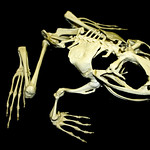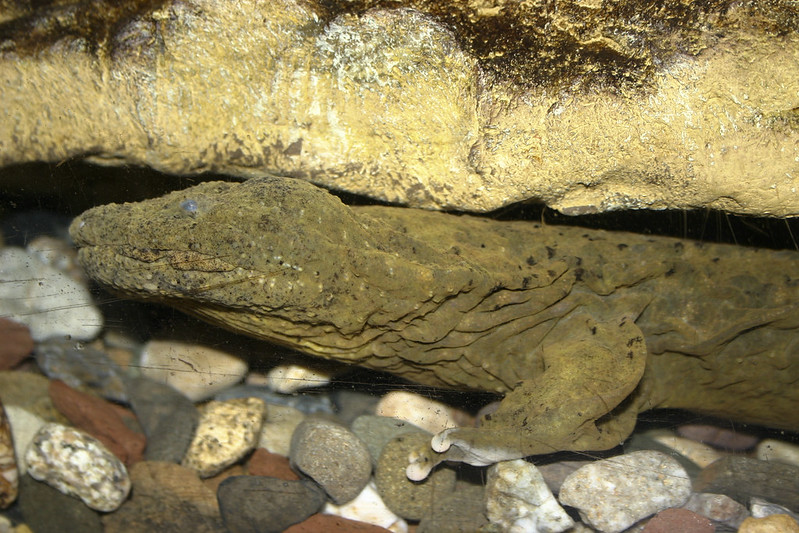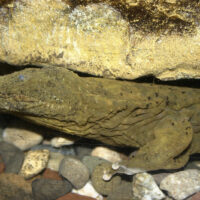Brian Gratwicke, a conservation biologist who leads the amphibian conservation programs at the Smithsonian’s National Zoo and Conservation Biology Institute, will talk about his global work and then bring it home to local amphibians, including hellbenders and redback salamanders, and vernal pools.
Brian’s focus is building capacity to conserve amphibians in Appalachia and Panama, developing outreach and educational programs and exhibits to build public support for amphibian conservation, and research to develop tools to reintroduce amphibians back into the wild.
One major research focus is developing applied solutions for the amphibian chytrid fungus, including research into the area of beneficial skin bacteria and identifying genetic traits associated with resistance to the disease. He also conducts research into emerging diseases and the effects of climate change on Appalachian salamanders.
Gratwicke grew up in Zimbabwe and began his conservation work researching the impacts to freshwater fish in Africa. In 2000, he was awarded a Rhodes scholarship that took him to Oxford, where he studied marine fish communities in the British Virgin Islands for his doctorate. After completing his doctorate, Gratwicke moved to Washington, D.C., where he worked as a program administrator and then assistant director of the National Fish and Wildlife Foundation’s Save the Tiger Fund.



